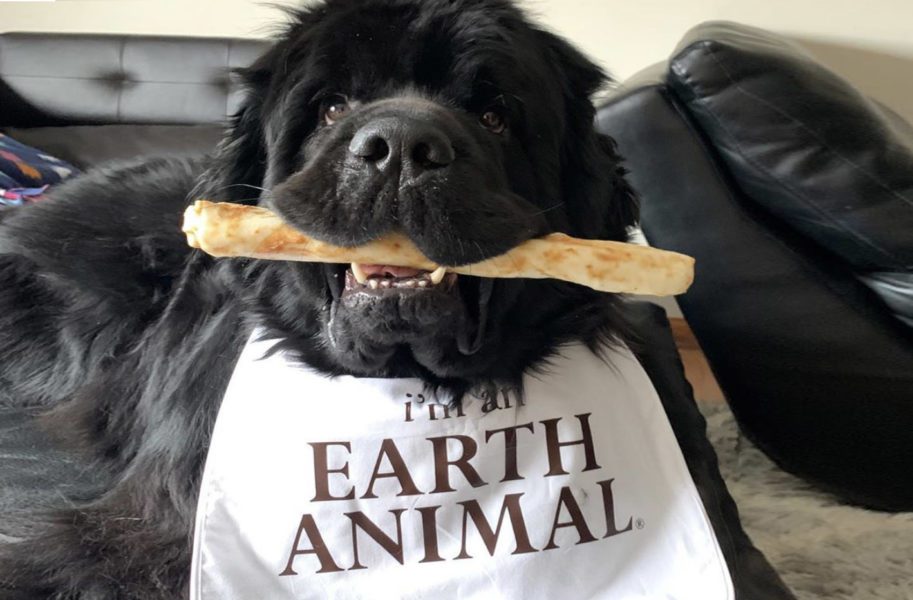We live in a world of chemicals. From household cleaning products to hygiene formulations to medicine, there are numerous chemicals and chemical combinations in our homes. While most of these things may be innocuous to people, some of them can be deadly for our animal companions. In fact, even some of the foods that we eat can be toxic to our animals. It is important to know what items you have around your home that can accidentally poison your furry best friend so that you can make sure to keep your animal safe.
According to the ASPCA, the most common household items that can poison our animals include some obvious ones, like bleach, detergents, and certain human medications, but there are also products that one would expect to be safe but could cause harm to an animal, such as petroleum jelly and certain fruits and vegetables. The safest thing to do is to make sure that all cleaning items, hygiene products, medications, and foods are kept in locations inaccessible to your animal.
Common Household Animal Poisons
Many chemical and bleach-based cleaning products can be dangerous. When you use cleaning products, be sure to follow all label instructions, keep the room you are cleaning well ventilated, use the smallest amount needed for the job, and avoid mixing cleaning products together. Bleach can cause serious illness in animals (and people) if not used appropriately or if accidentally ingested, inhaled, or touched in large amounts. It can be used safely, however, if you dilute it with water and don’t leave the cleaner, used rags, or mops where animals can get them. Additionally, make sure to ventilate the area where you are using the bleach solution to avoid breathing in the fumes, and wipe down any surface you’ve used it on with clean water. Allow surfaces to thoroughly dry before bringing your animal back into contact with the cleaned surfaces. Detergents can also cause stomach upset if ingested. Be sure to keep detergents away from curious animals who may want to take a few licks to see if they taste as good as they smell.
Even something as seemingly natural and simple as vinegar can cause health problems for our animals. Avoid allowing your animal to ingest undiluted vinegar as it can lead to digestive upset. Ingesting petroleum jelly will cause diarrhea and if your animal breathes it in, he could also suffer from aspiration pneumonia.
Be extra careful if you use tobacco products around your animals, as consuming nicotine can cause severe health problems and may even lead to death. The liquid in e-cigarettes is particularly dangerous. Never leave any tobacco products where your animal can reach them.
Keep all medications away from your animals. From baby aspirins to nasal decongestants to prescription drugs, every medication or medicated product made for humans poses some risk to animals. Only use veterinarian prescribed or recommended medications for your animal and avoid accidental ingestion.
Be Careful With Your Plants
There are many common household plants that can be poisonous to pets including lilies, marijuana, tulip and narcissus bulbs, azaleas and rhododendrons, cyclamen, chrysanthemum, peace lilies, and schefflera. Also, be advised that the consumption of any plant material may cause vomiting and gastrointestinal upset for dogs and cats. And, be sure to keep fertilizers away from animals and supervise your animals outside when fertilizer has been applied. Be careful with the placement of any traps or bait to attract and poison rodents or ants.
Foods To Keep Away From Animals
As with common household products, some of the items on this list are obvious. For example, never give your animal companion alcohol or allow them to accidentally ingest it. Even small amounts of alcohol can make your animal dangerously ill. The same is true for foods made from cacao seeds, such as coffee and chocolate. Other foods that can harm animals, however, may be surprising as they are typically quite healthy options for people. Avocados, citrus fruits, coconut, grapes and raisins, nuts, dairy products, onions, salt, yeast, and xylitol all have the potential to harm your animal companion and cause symptoms from minor stomach upset to pancreatitis and worse. Use care when consuming and storing these foods to avoid accidental ingestion by your animal companion.
What To Look Out For
Signs and symptoms of poisoning in dogs include vomiting, diarrhea, nausea, seizures, convulsions, heart problems, agitation, tremors, and kidney failure. In cats, look out for vomiting, diarrhea, drooling, difficulty breathing, lethargy or weakness, loss of appetite, excessive thirst, blood in vomit, saliva, or stool, or pale gums.
Prevention Is Your Best Bet
The easiest way to keep your animal companion safe from accidental poisoning is to make sure that they never get near anything that isn’t specifically intended for them. Keep human food and animal food far away from each other and keep all food sealed tightly. Avoid leaving medications, cleaning, or hygiene products in places where your animal can get to them and exercise caution when using them around your animal. Always follow product label instructions for safest use.
If your animal accidentally ingests, inhales, or gets a potentially toxic item on their skin, immediately call your veterinarian or the ASPCA Poison Hotline (855-764-7661)so you can seek advice as soon as possible in case of an accident. For a complete list of toxic items and plants, visit https://www.aspca.org/pet-care/animal-poison-control/toxic-and-non-toxic-plants.






